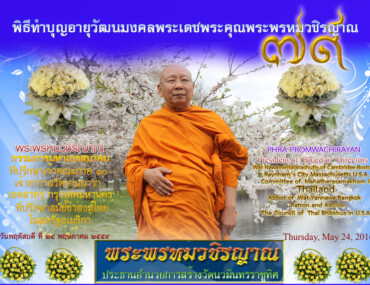
Mindfulness focuses on cultivating quietness in our busy mind. The practice involves directing our concentration to one healing element – one sound, one word, one image, or one’s breath. When our mind is filled with a sense of calm and peace, it reduces the tendency to wander into worry, stress, or depression.
The state of mindfulness allows our nerves and tired muscles to relax, calms heart rates, and eases blood pressure. The effect is deeply restful and peaceful, making it something to look forward to practicing daily.
How Does Meditation Work?
Meditation works by engaging the mind in focused and intentional practices that promote relaxation, awareness, and mental clarity. Here’s how meditation generally works:
- Focused Attention: Many meditation techniques involve focusing attention on a particular object, such as the breath, a mantra, or a visual image. By concentrating on this focal point, the mind becomes anchored and distractions are minimized.
- Quieting the Mind: Through regular practice, meditation helps to calm the constant chatter of thoughts in the mind. As you become more adept, you develop the ability to observe thoughts without getting entangled in them.
- Relaxation Response: Meditation triggers the relaxation response in the body, reducing stress hormones like cortisol and promoting a state of physical and mental relaxation.
- Brain Changes: Research shows that meditation can lead to changes in brain structure and function, particularly in areas related to attention, emotional regulation, and self-awareness. Over time, these changes support overall well-being and resilience.
- Increased Awareness: Meditation cultivates mindfulness, which is the ability to be fully present and aware of one’s thoughts, feelings, and sensations without judgment. This heightened awareness can lead to greater insight and clarity in daily life.
- Emotional Regulation: Regular meditation practice can enhance emotional regulation by strengthening the prefrontal cortex, which is responsible for executive functions like decision-making and impulse control.
- Stress Reduction: One of the most well-known benefits of meditation is its ability to reduce stress. By promoting relaxation and mindfulness, meditation helps to mitigate the impact of stress on the body and mind.
Overall, meditation is a trainable skill that positively impacts the brain, body, and behavior. Its effects are cumulative, meaning that consistent practice yields greater benefits over time.
How To Meditate Mindfulness Effectively?
Ideally, you can practice mindfulness meditation anywhere and at any time. Wear simple and comfortable clothing, and remove your shoes when practicing mindfulness. Choosing a consistent place for mindfulness meditation can cultivate a calm and focused atmosphere, making it easier to deepen your mindfulness practice with each session.
A comprehensive guide to mindfulness meditation :-
Mindfulness Sitting Instructions
After assuming a comfortable seated posture, gently close your eyes. Begin by establishing awareness in your abdomen, observing on the movement of the abdomen along with mentally note (labeling) that … knowing or moving … and maintain continuous attention to this movement.
If the abdominal movement becomes more distinct, naturally transitioning into expanding, contracting, observe this movement with mental note —ri-sing…fal-ling
Upon hearing a sound or smelling an odor, For beginners should observe it a few times with mental note —hearing …/smelling…—then return your attention to observe the abdominal movement.
When a thought arises, observe it with mental note —thinking, planning, imagining, analyzing ect.—without embellishment. If the thought ceases or fades naturally by itself while maintaining continuous attention, return to observe the abdominal movement.
If any bodily sensations such as pain, ache, numbness, fatigue, itching, tension, or discomfort arise, observe to each sensation one by one, continuously.
While observing with mental note to any physical discomfort, when the sensation ceases or diminishes naturally, return to observe the movement in the abdomen.
If emotional feelings of distress or joy arise—such as frustration, impatience, irritation, anger, contentment, joy, sadness, liking, disliking, neutrality, calmness, lightness, ease, etc.—observe these feelings with mental note seriously and continuously without judgment with neutral mind. When these emotional states naturally fade or cease by themselves one each, return to observe the abdominal movement.
When drowsiness, lethargy, restlessness, or boredom arise, observe to these feelings seriously with mental note. When these feelings naturally fade or cease by themselves one each, return to observe the abdominal movement.
Upon seeing anything, simply observe with mental note —seeing…
When the visual perception fades or ceases naturally, return to observe the movement in the abdomen.
Observe to each sensation, perception, or feeling one by one, at the current phenomena one each without greed and aversion, observing sincerely and continuously with mental note without judgment. This will gradually cultivate insight, leading to clear comprehension of the truth, allowing the mind to develop meditative concentration sequentially, until one can express the fruition of insight knowledge with certainty.



